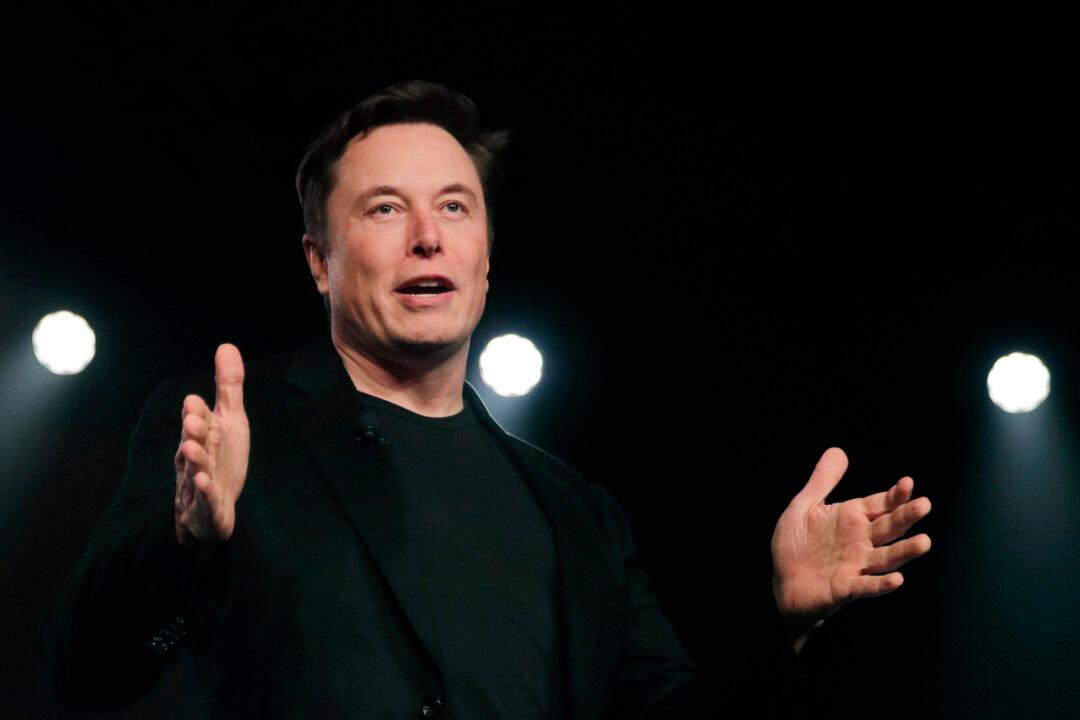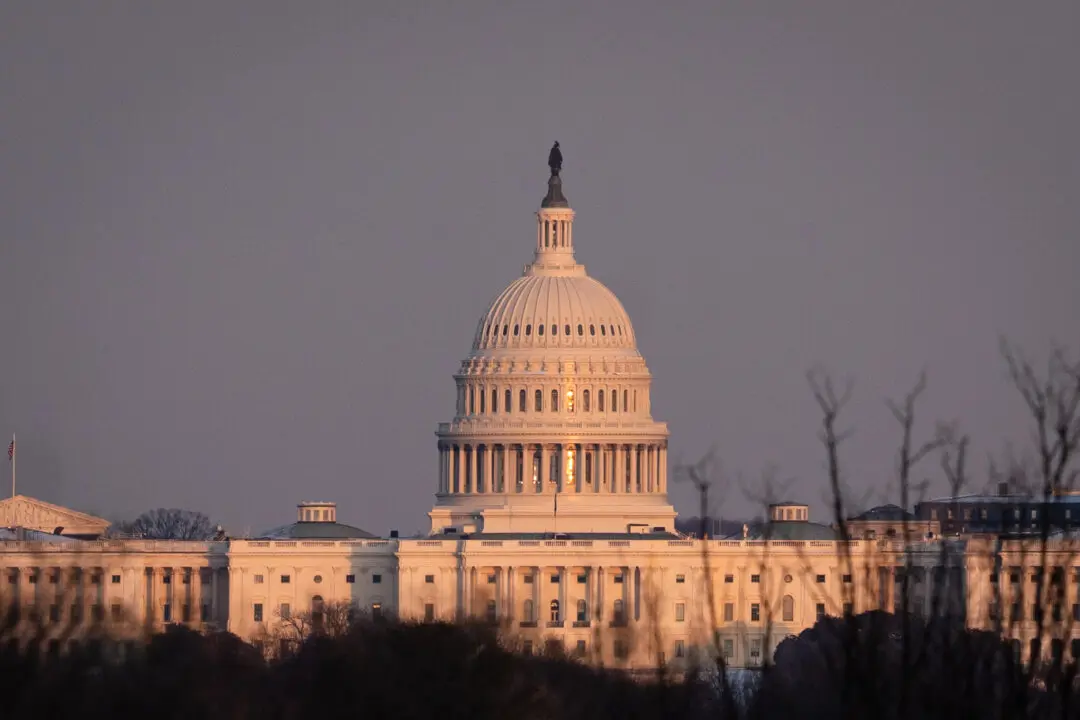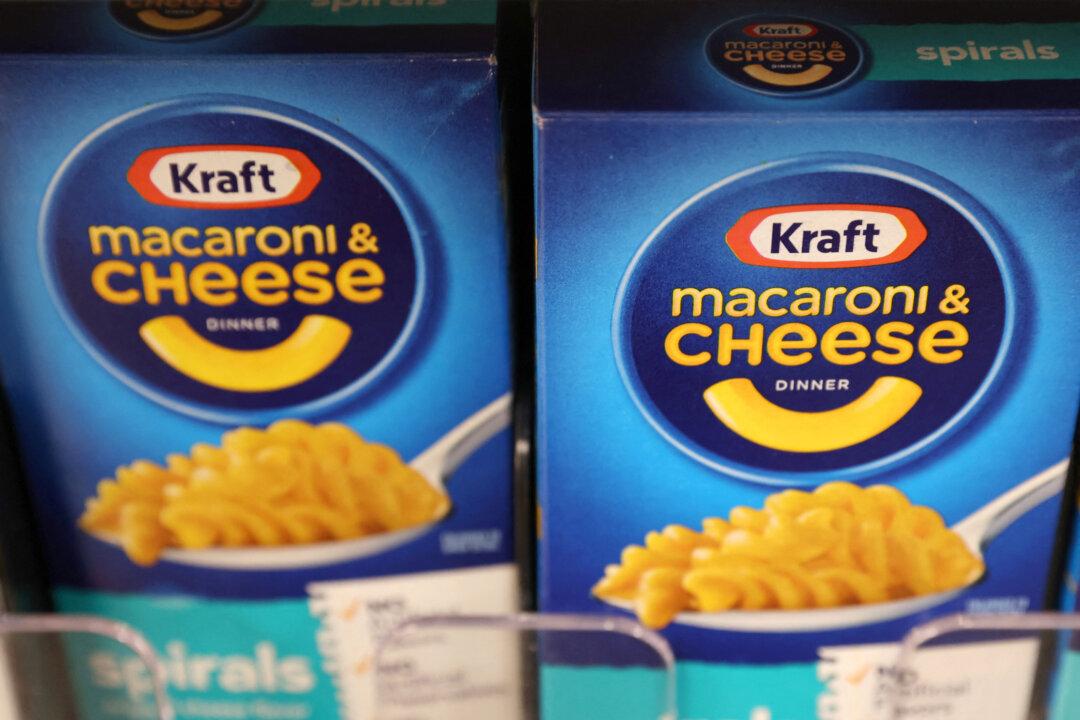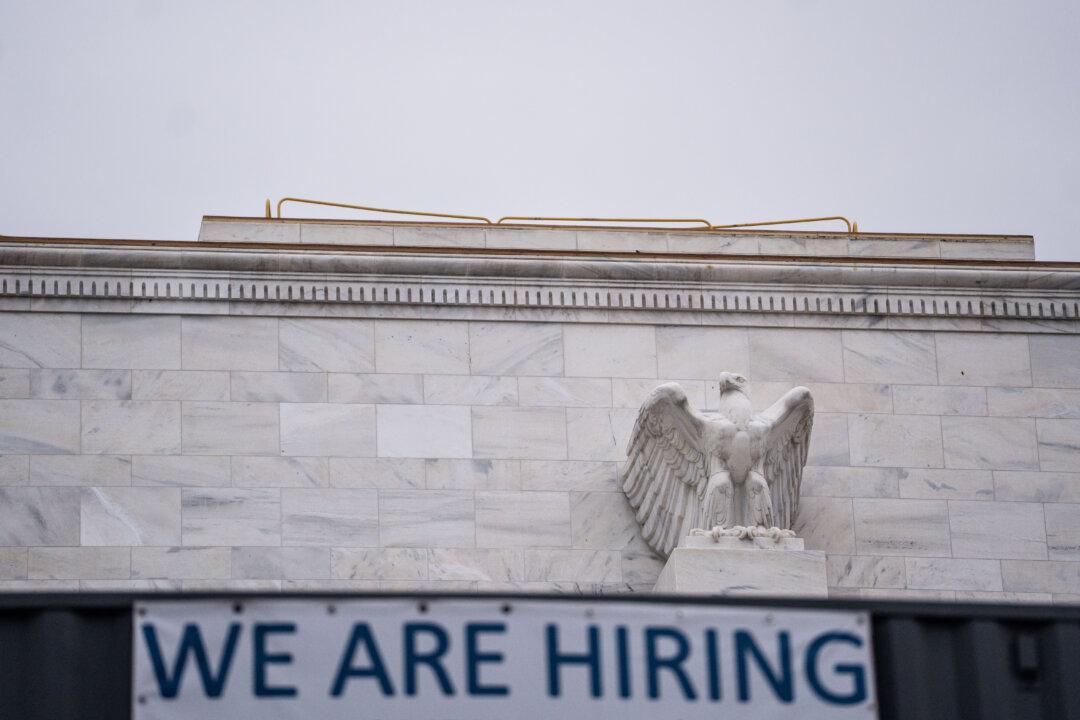Twitter owner Elon Musk told advertisers on Wednesday that he wants the social media platform to “be a force that moves civilization in a positive direction.”
The billionaire industrialist hosted an hour-long Twitter Spaces session with representatives from several major companies, including Adidas, Nissan, and Walgreens. Since it was also a public event, approximately 100,000 users were in attendance.





